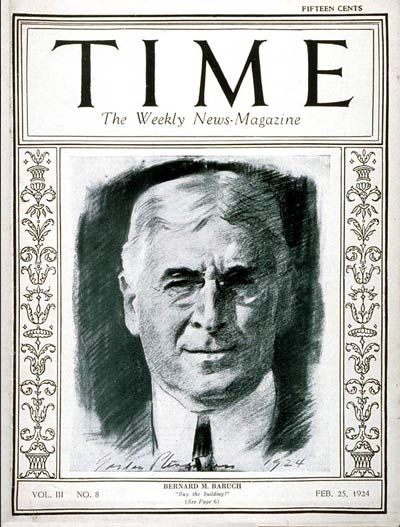|
United States Senate Special Committee On Investigation Of The Munitions Industry
The Nye Committee, officially known as the Special Committee on Investigation of the Munitions Industry, was a United States Senate committee (April 12, 1934 – February 24, 1936), chaired by U.S. Senator Gerald Nye (R-ND). The committee investigated the financial and banking interests that underlay the United States' involvement in World War I and the operations and profits of the industrial and commercial firms supplying munitions to the Allies and to the United States. It was a significant factor in public and political support for American neutrality in the early stages of World War II. Background During the 1920s and 1930s, dozens of books and articles appeared about the high cost of war, and some argued that financiers and arms manufacturers had maneuvered the United States into entering World War I. One of the best-known was Smedley D. Butler, a retired Marine Corps general who had become a spokesman for left-wing anti-war elements. Historian Charles Callan Tansill's ... [...More Info...] [...Related Items...] OR: [Wikipedia] [Google] [Baidu] |
Gerald Nye
Gerald Prentice Nye (December 19, 1892 – July 17, 1971) was an American politician who represented North Dakota in the United States Senate from 1925 to 1945. He was a Republican and supporter of World War II-era isolationism, chairing the Nye Committee which studied the causes of United States' involvement in World War I. Early life Gerald Nye (whose first name was pronounced with a hard ''G'') was born in Hortonville, Wisconsin, the son of Phoebe Ella (née Prentice) and Irwin Raymond Nye. Both of his grandfathers had served in the Civil War: Freeman James Nye in the 43rd Wisconsin Volunteer Infantry Regiment and George Washington Prentice in the 3rd Wisconsin Volunteer Cavalry Regiment. He was the first of four children. In his first year, he and his parents moved to Wittenberg, Wisconsin, where his father became owner and editor of a small newspaper. Three more children were born there: Clair Irwin, Donald Oscar, and Marjorie Ella. Nye's father was a staunch supporter o ... [...More Info...] [...Related Items...] OR: [Wikipedia] [Google] [Baidu] |
Bernard Baruch
Bernard Mannes Baruch (August 19, 1870 – June 20, 1965) was an American financier and statesman. After amassing a fortune on the New York Stock Exchange, he impressed President Woodrow Wilson by managing the nation's economic mobilization in World War I as chairman of the War Industries Board. He advised Wilson during the Paris Peace Conference. He made another fortune in the postwar bull market, but foresaw the Wall Street crash and sold out well in advance. In World War II, he became a close advisor to President Roosevelt on the role of industry in war supply, and he was credited with greatly shortening the production time for tanks and aircraft. Later he helped to develop rehabilitation programs for injured servicemen. In 1946, he was the United States representative to the United Nations Atomic Energy Commission (UNAEC), though his Baruch Plan for international control of atomic energy was rejected by the Soviet Union. Early life and education Bernard Baruch was born t ... [...More Info...] [...Related Items...] OR: [Wikipedia] [Google] [Baidu] |
